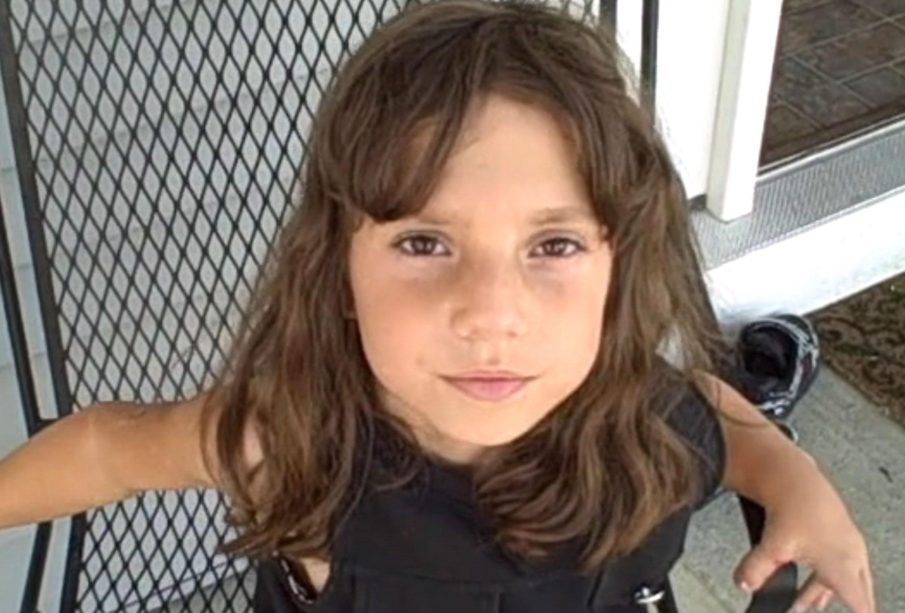The Complex Case of Natalia Grace: Unpacking the Controversy

Introduction
The story of Natalia Grace has captured widespread attention, raising questions about ethics, adoption practices, and family dynamics. A subject of a popular documentary and news reports, Natalia’s situation has prompted a national conversation about the challenges of international adoptions and the responsibility that comes with them. Understanding her case is vital in evaluating the broader implications for adoptees and adoptive families.
The Background of Natalia Grace
Natalia Grace Barnett, originally from Ukraine, was adopted by Indiana couple Kristine and Michael Barnett in 2010 when she was believed to be six years old. However, as the family began to experience significant challenges, questions about her age and true background emerged. They later claimed that Natalia was not a child but an adult woman with a rare medical condition called spondyloepiphyseal dysplasia, which stunted her growth.
The Legal and Emotional Fallout
In 2013, after facing numerous difficulties, the Barnetts decided to abandon the adoption, leaving Natalia in a rented apartment with minimal support. This led to police involvement, and, in 2019, the Barnetts were charged with neglect. The case highlights a myriad of complex issues, including the psychological impacts of adoption, the ethics of international adoptions, and the legal consequences of abandonment.
The Public Conversation
This incident has ignited fierce debates online and off, with many scrutinizing the motivations and actions of both the Barnetts and Natalia. Discussions have raised deeper questions about the responsibilities of adoptive parents versus the autonomy of adopted children. As information continues to emerge through documentaries and investigations, society is left grappling with the nuances of truth and fiction in this complicated narrative.
Conclusion: A Call for Awareness
The Natalia Grace case serves as a cautionary tale about the adoption process, highlighting the importance of psychological assessments and ethical considerations. As public discourse continues, it is essential to advocate for better safeguards and clarity in adoption practices. This case may ultimately lead to a more informed approach to international adoption, ensuring that children like Natalia receive the care and understanding they need, possibly fostering reform in policy and practice. This tragic story reminds us that behind every headline is a human experience that deserves compassion and serious consideration.








